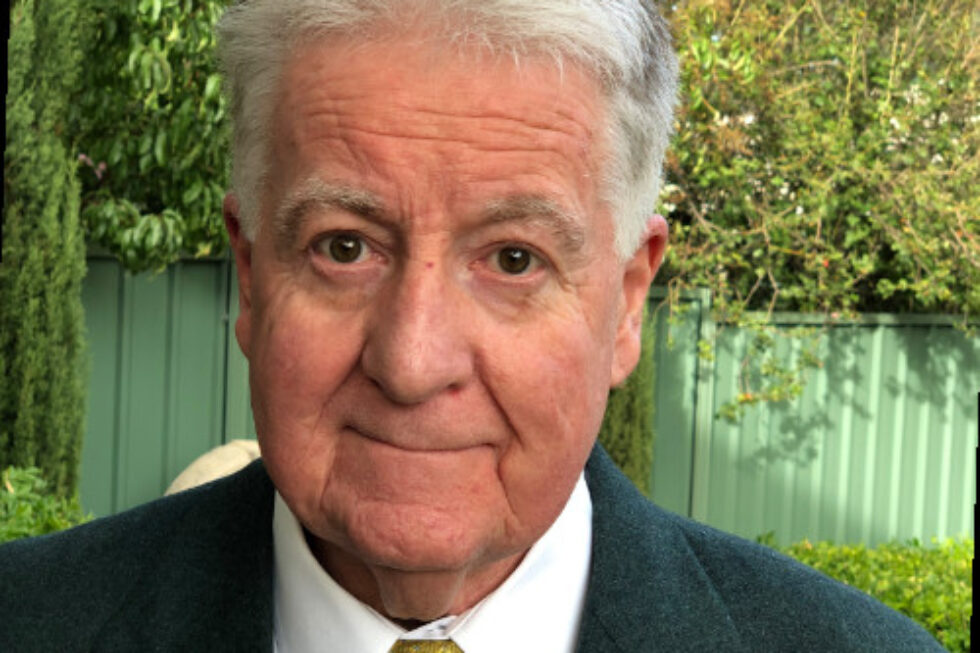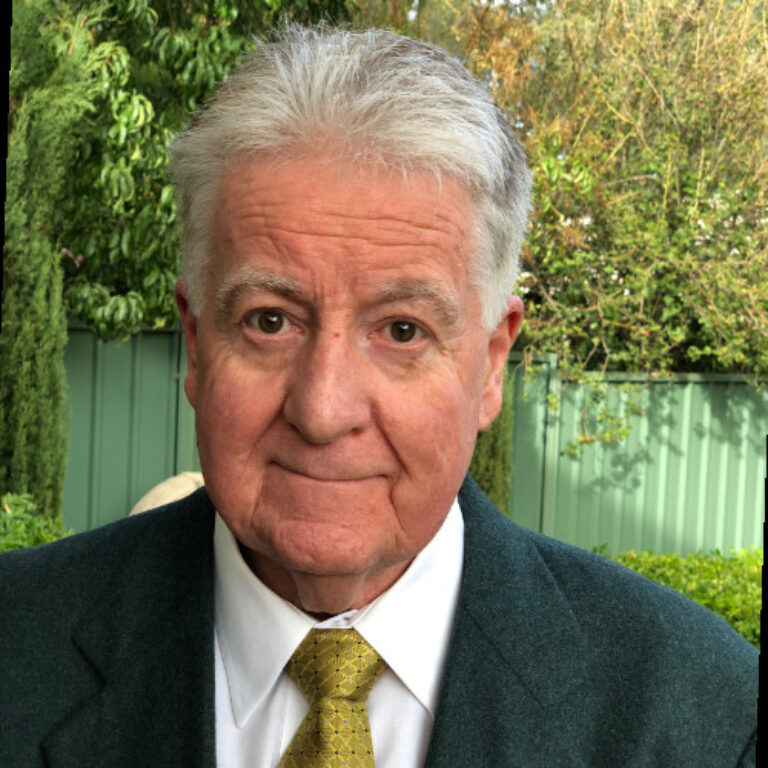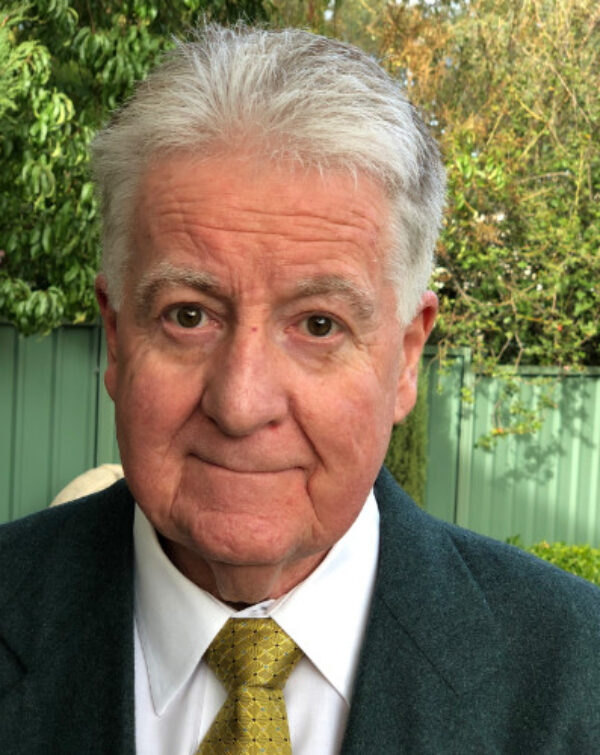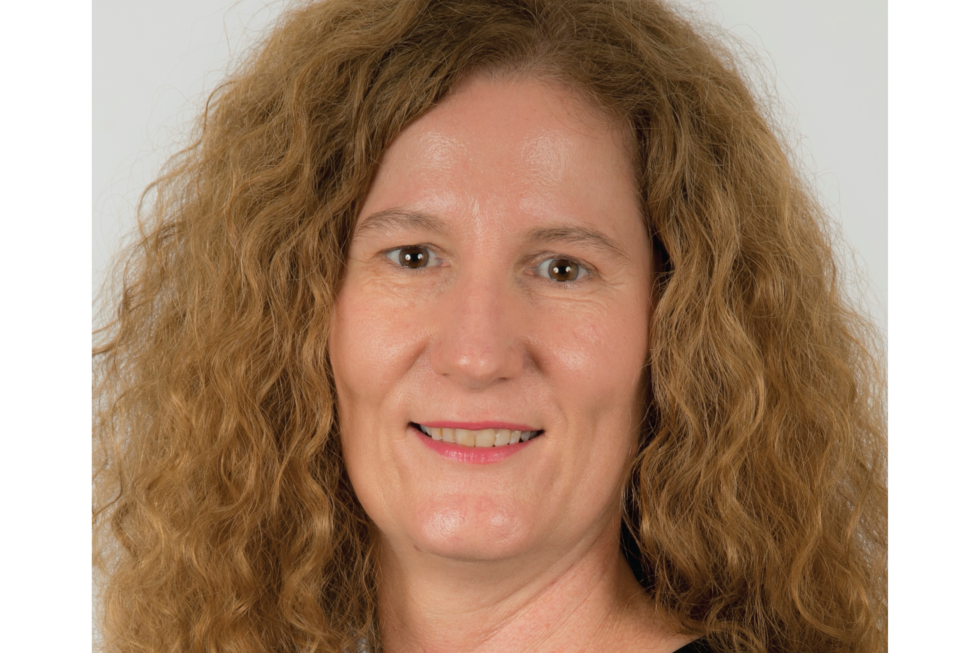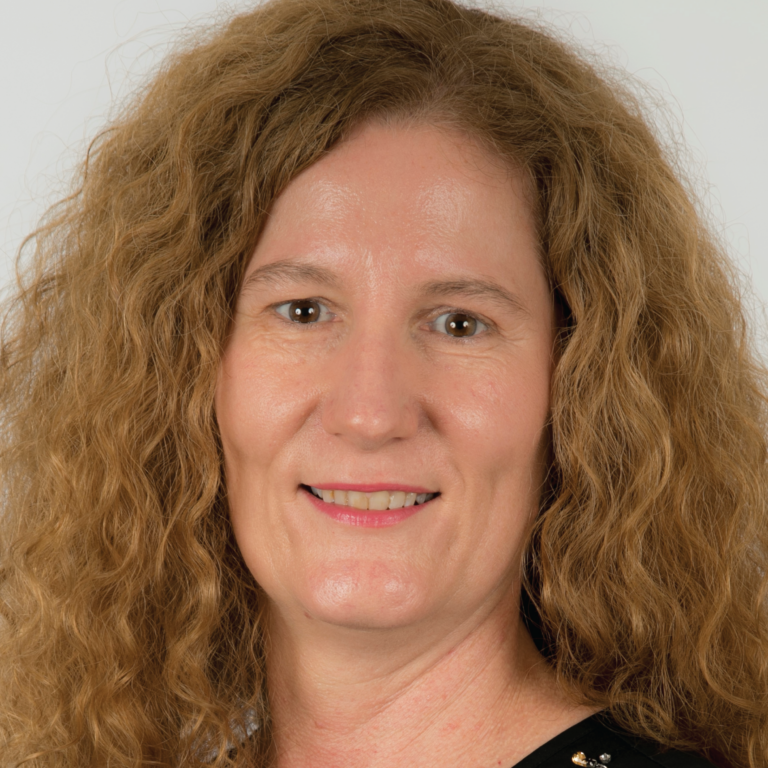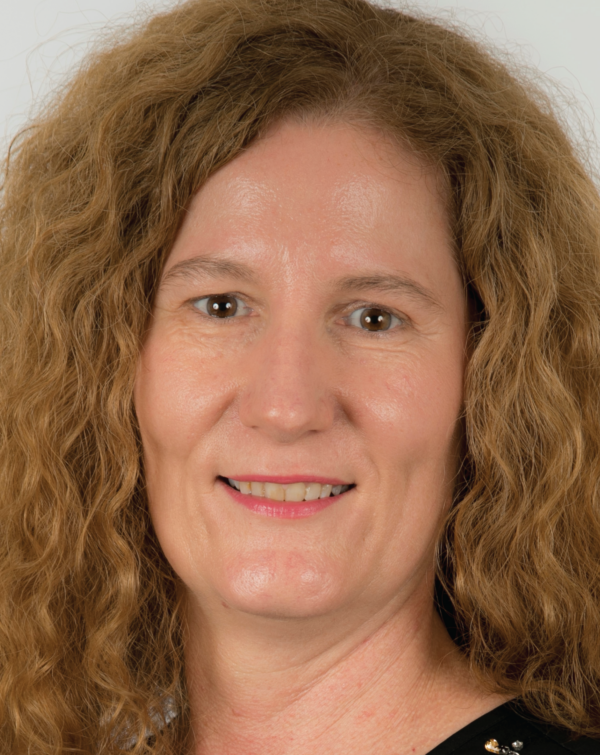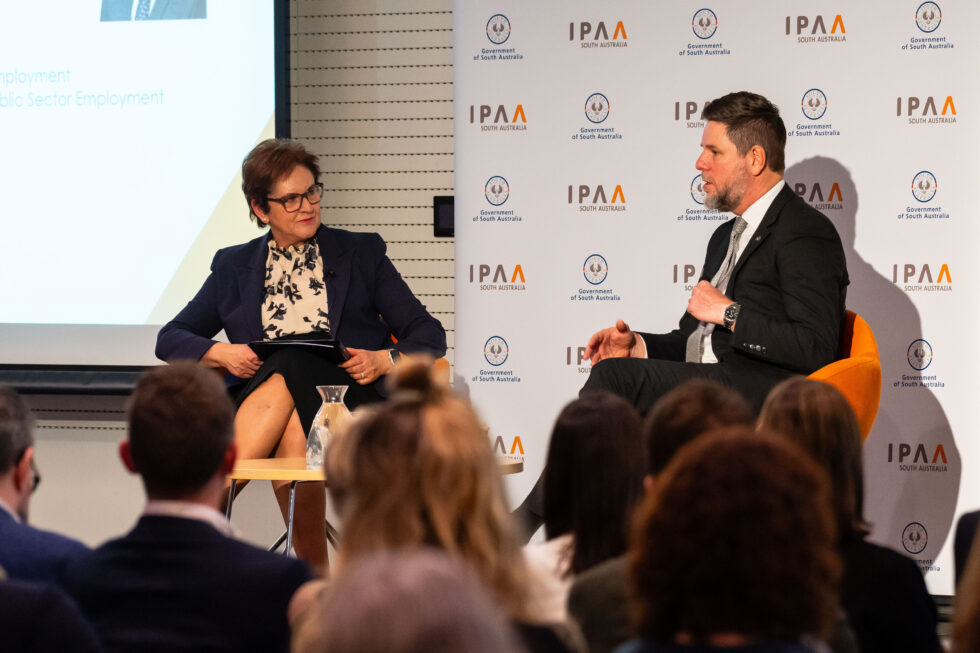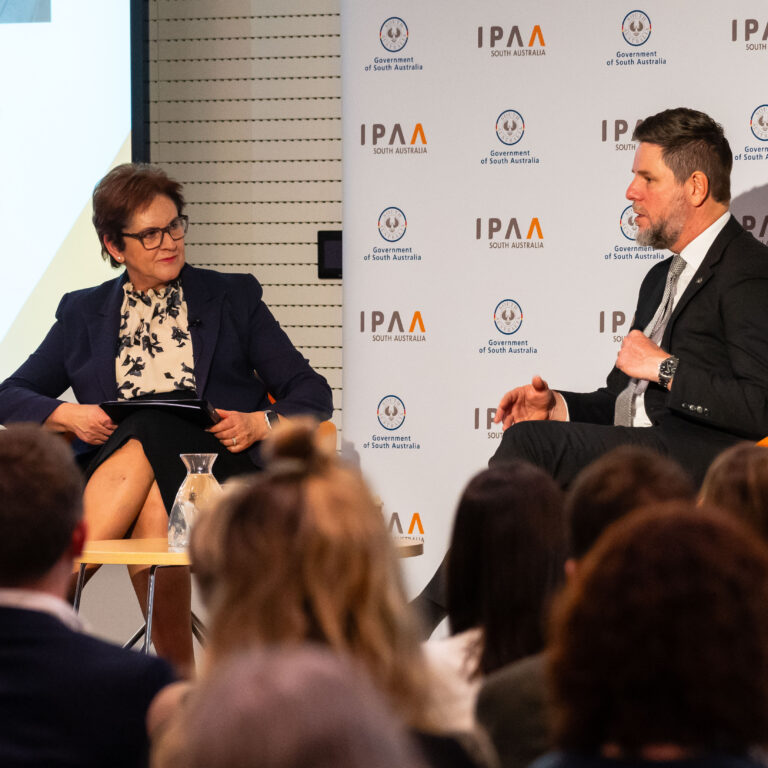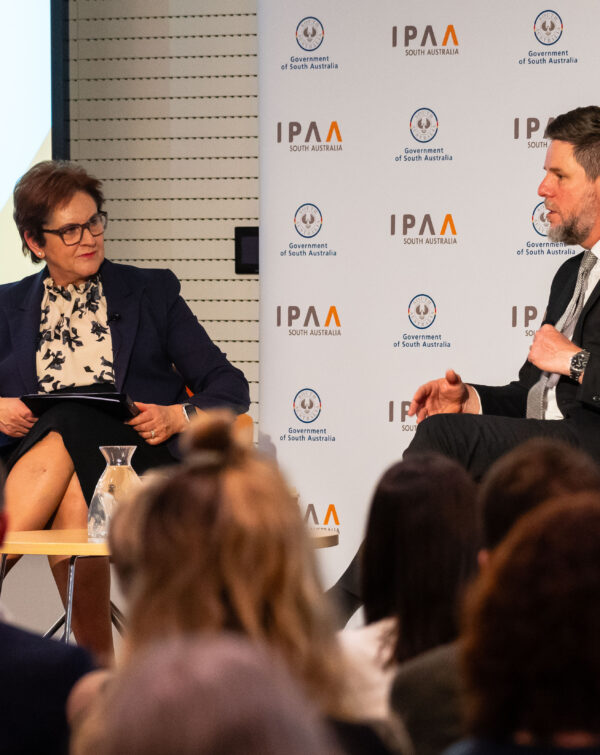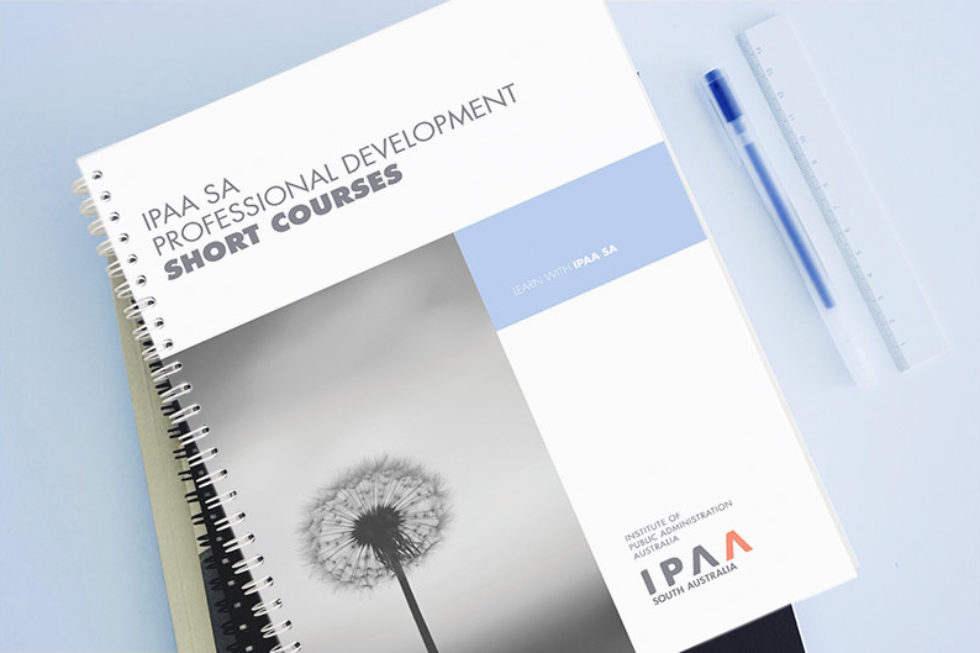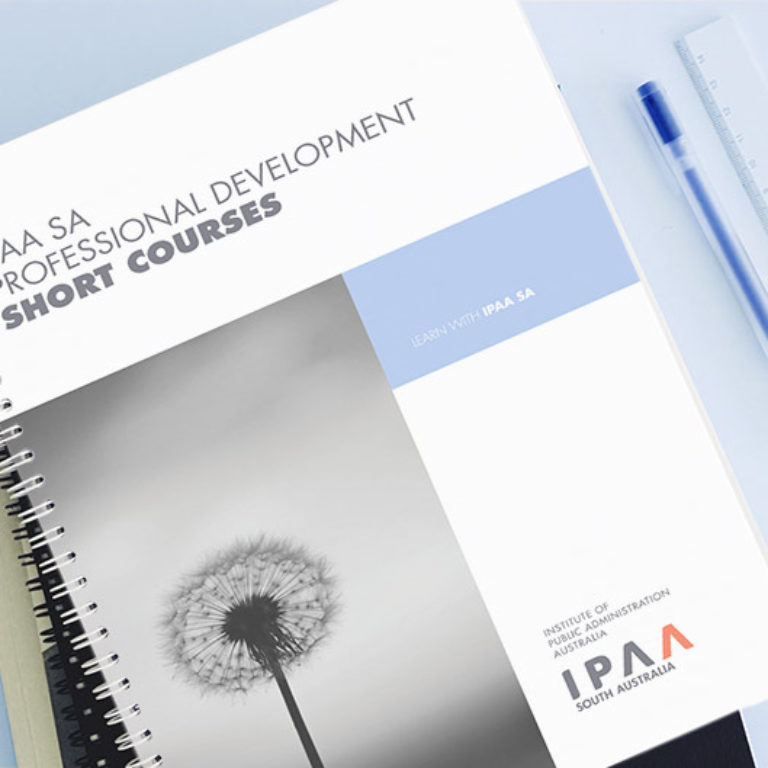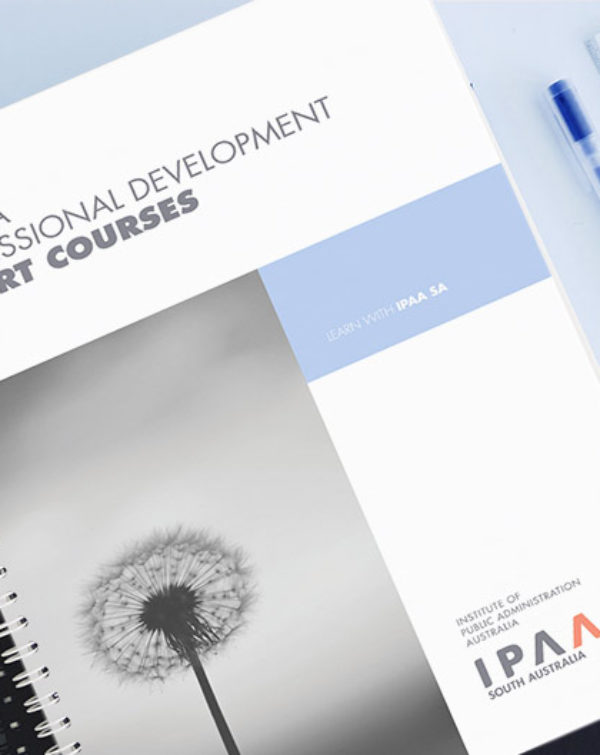Looking back to 2020 and the onset of COVID-19, we could not have anticipated the challenges that our public sector would face. However, we also had no idea how it would transform the value of the public sector in the eyes of citizens, reigniting trust – and for some public servants such as Catherine Turnbull, Chief Child Protection Officer, South Australia Health – proving the positive value of her many years of public service.
In this Insight Article, we sat down with long-standing public servant and IPAA SA Personal Member Catherine Turnbull to explore the lessons and challenges she has faced over 32 years of service.
“I feel that working in the public sector provides me the opportunity to give to the community”.
Highlights
- ✨ Catherine has a background of over 22-years in public health and demonstrates a deep commitment to community service.
- 🌏 Cross-jurisdictional learning is valuable, as different regions offer unique insights for reform and improvement in the public sector.
- 👥 Creating networks and committees, as Catherine did with the Australian Allied Health Leadership Forum, fosters collaboration and shared expertise.
- ⚙️ Challenges include maintaining work-life balance, prioritising relationships and partnerships, and adapting to change.
- 🦠 Catherine praises the public sector’s collective response to the COVID-19 pandemic, highlighting the dedication and unity of agencies.
- 🌟 Catherine’s current role as Chief Child Protection Officer, focuses on collaboration among agencies to improve outcomes for vulnerable children and families.
With these highlights in mind, let’s jump straight into Catherine’s answers…
What made you choose a career in public service?
When Catherine finished her studies, she was faced with a choice – whether to go into the private sector or explore the opportunities in the public sector. Her choice was obvious after her exposure to work in the public sector through several placements during university.
“I really enjoyed the passion, the enthusiasm, and the commitment of those working in the public sector. They just were so focused on helping others and improving situations, health, whatever it might be, for other people – it’s such a wonderful kind of sentiment.”
What did you learn from working in the NSW public service for 15 years?
Working across jurisdictions, Catherine highlighted that gaining this experience was important for maintaining her perspective and looking at new and different ways of doing things. She encourages people who have only ever worked in one jurisdiction to try and spend some time in another. She emphasises that this is particularly vital when looking at reform, change and improvement – so we can learn from the successes and mistakes of others. Catherine reflected that one of the key examples of this was the Patel case in Queensland. This was said to be a historic day in Australian health workforce governance as the verdict was reached on Jayant Patel, former Head of Surgery at Bundaberg Base Hospital in Queensland, being sentenced to seven years gaol on a verdict of three counts of manslaughter and one of grievous bodily harm. The circumstances of this case and its deliberation is noted to have been a strong force for examining the way health practitioners were regulated and governed. As a culmination of this, the Australian Health Practitioner Regulation Agency was formed to constitute a new approach to health workforce governance. Catherine shared that this case highlighted to other jurisdictions the importance of the accuracy of credentials for healthcare workers and hugely changed policy in this area.
What is the importance of cross-jurisdiction and agency collaboration for you?
Catherine sees opportunity for sharing between jurisdictions and agencies as vital and, at the time of her being Chief Allied Health Officer for South Australia, there was no network existing to bring together leaders in these roles. She took an active role in changing this, working with colleagues to build an inaugural Australian Allied Health Leadership Forum, which gave a voice to Allied Health at the Commonwealth Level. This led to the resulting creation of the role of Chief Allied Health Officer for Australia. As Catherine shared, “There had not been one of those roles before, so it was really the bringing together of the jurisdictions.” She also highlighted that her current role as Chief Child Protection Officer seems to have brought this circumstance 360, “Interestingly, the role I’m now in as Chief Child Protection Officer, there is no other equivalent in health in the other jurisdictions […] so I think South Australia Health has been really Innovative in [developing] an appointment of this role and it is something that I would like to see other health jurisdictions copy”.
What do you think could be some of the national impacts of your current role as Chief Child Protection Officer?
Catherine reflects that she could see huge value in other states and territories adopting similar roles – and the potential for a national committee of these leaders.
“I think it would really strengthen Health’s response to vulnerable children and families in having a group that focuses on that for health focused environments”.
How have you overcome challenges and used the opportunities presented to you – and what advice do you have for others?
Catherine shares that we are faced with challenges at all levels – but no matter the challenge, it’s important to go into it with a creative mindset and not a linear approach. She highlights that, “You never know when opportunities will arise, and therefore you have to be ready for the opportunity.” For Catherine, this means being clear about what you are aiming for. She suggests writing down your aims in a one or two-page document so that you can come back to reflect on these. Being clear on her aims has been invaluable to her, and she highlights that as those opportunities have arisen to speak at various committees or make decisions, she has been able to come back to these core aims and make a positive difference to the community.
“I think the best lessons are in when things don’t quite work to plan.”
In your busy roles, how have you gone about the challenge of maintaining work-life balance?
As it should be for everyone, Catherine explains that maintaining her work-life balance is really important – but in some of the roles she has been in, it has been very challenging to achieve this. She reflects that it is so important for our continued wellbeing to take time for ourselves (even if we are busy at work). For her, this means taking a holiday when needed and encouraging her staff to do the same. Catherine remarks that public servants particularly seem to struggle with this, as there is a tendency to place so much value on the work being done, and a fear of losing momentum. She shares that this isn’t the case – you will be able to get the momentum back again, especially if you have a great team around you.
“I say to everybody you are replaceable at work but you’re not replaceable with your family”.
What is your advice to those new to the public sector?
Whether coming straight from university or from the private sector, Catherine has some key advice for newcomers.
- Embrace constant learning – “Sometimes you have to ask
‘” do I want to go and do this course or be involved in this research team’ ect.”
- Be kind and caring – “Take the time to help your colleagues, and they will take the time to help you”.
- Look for opportunities to build your skills – be open to the “opportunity to shadow somebody to learn something else, or the opportunity to be seconded into another role for a period of time”.
What are your reflections on how the public sector dealt with COVID-19?
“I was so impressed with the way the public sector came together for COVID and particularly the initial COVID response. I was involved with Erma Ranieri’s Office of the Commissioner for Public Sector Employment in finding staff to come into Department for Health and Wellbeing, to help with the work behind all the identification of cases and need for quarantining. [The] way that people put their hand up from across the public sector! They met me in the foyer of the building and I then took them upstairs to all the different levels and allocated them into teams. It didn’t matter what your classification was, nobody was precious, everybody was focused on the task in hand, and it was extremely impressive to watch. I don’t know that the community truly understands the way the public sector pulled together like that and the way that people from within their community stepped up and made a huge difference”.
Catherine also wants to applaud the people who remained in their current teams at the time, as even with far fewer people, “service did not stop.” For Catherine, the COVID-19 experience was a demonstration of the value and capability of the public service that she has always known.
Do you have any final reflections you would like to share?
Summing up this interview, and again drawing back to her passion for public service, Catherine enthused us about her ongoing work in partnering with all government agencies to deliver better outcomes for vulnerable children and families. She shares that her department and many others are working together to share information so they can make better decisions and make a difference for children and families in our state.
On behalf of the IPAA SA Divisional Council, we would like to thank Catherine for sharing her insights with the IPAA SA Community and for her many positive contributions and commitment to making a difference. If you would like to be involved in a future IPAA SA Insight Article, you can nominate or suggest a topic here.


